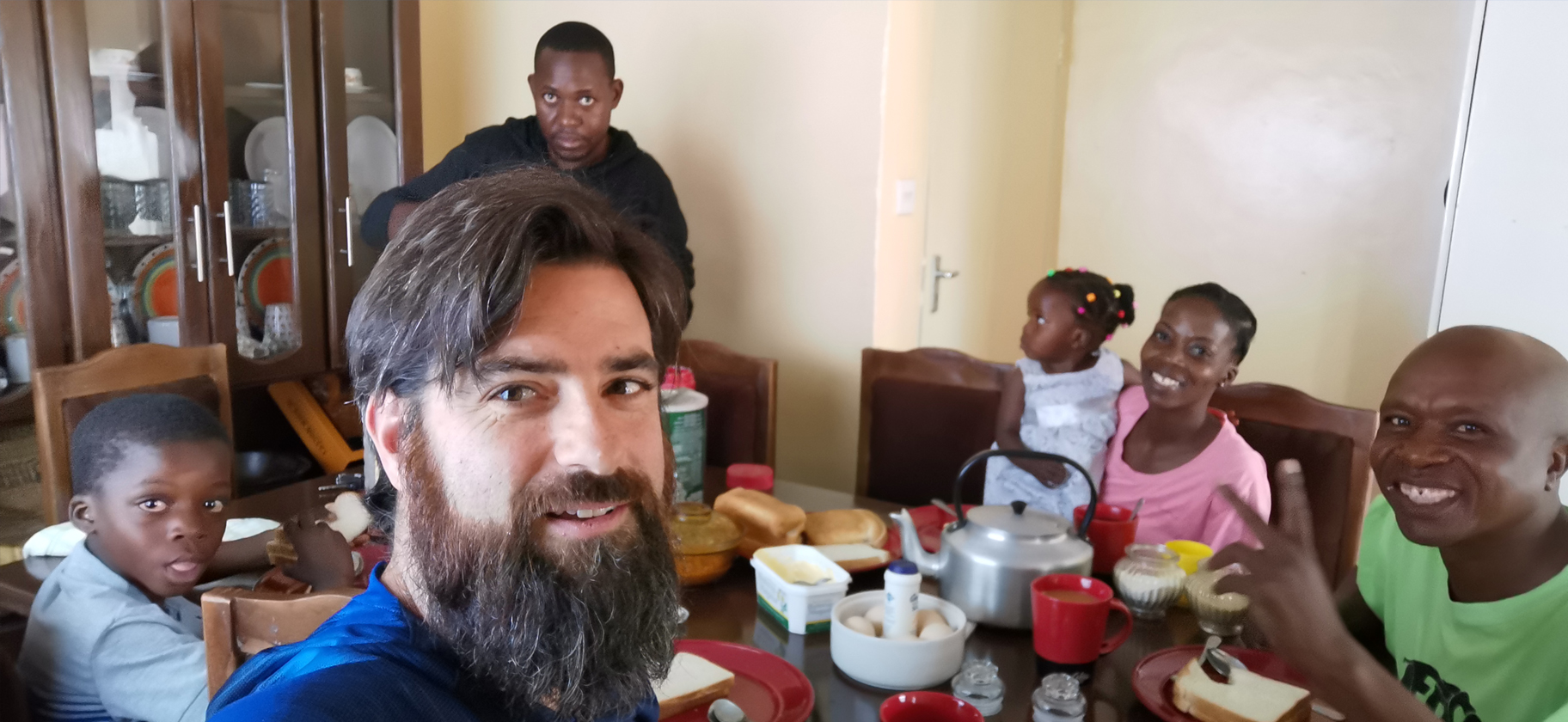The Gift – Treasure in Chitungwiza
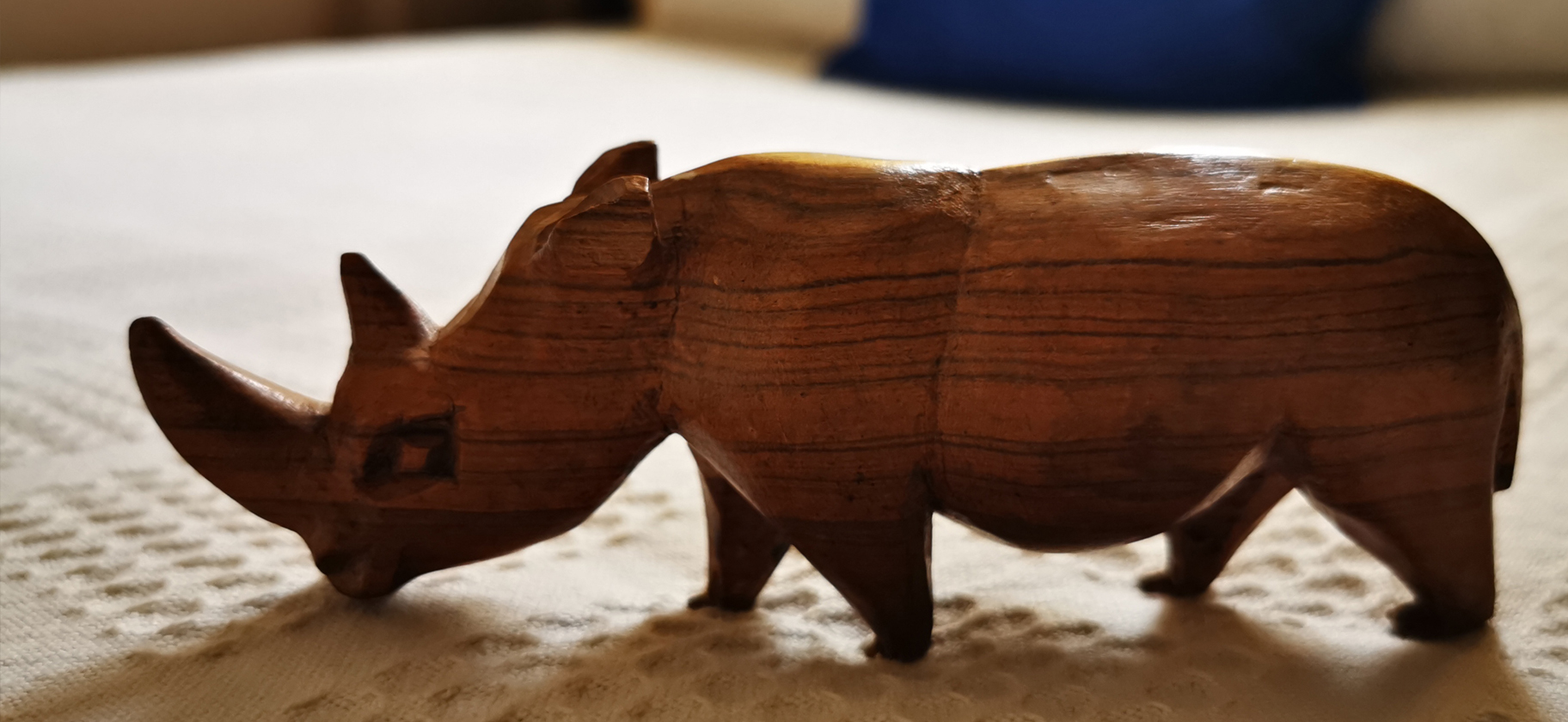
It was time to leave Africa. The six weeks I spent in Tanzania, Zambia and Zimbabwe had been a challenging, but eye-opening, experience. When travelling, six weeks can pass by in a flash but the journey through southern Africa had felt like a lifetime. I knew that I needed a break but was saddened in knowing, that once it was behind me, I couldn’t rightly say when I would return to this part of the world. Zimbabwe’s capital city, Harare, was more accessible than much of the rest of the country. Wealthy people lived here and some of that wealth trickled down. I was able to shop for food and other sundries at a local SPAR where I could pay with my credit card and there was an upscale Brazilian steakhouse that had a pizza oven where I was finally able to satisfy the craving that had taken hold of me all the way back in Bulawayo.
Christmas was right around the corner and by now Ndaba had given me all the tools I needed to spot where things were happening and what it all meant. Gas stations had lineups of cars, with their owners sleeping inside, stretching along the side of the road for kilometres. Harare had its fair share of banks, none of which were able to supply me or any other foreign accounts with any cash, but it was easy to tell which ones had a supply of notes available for locals. Lines would stretch around the block hours before the banks would even open. I asked some people how long they expected to wait before they would be able to get their hands on any money. A few said it would only take up to an hour and a few said it could take up to six. One man remarked: I don’t care. I’ll wait all day! The cinema was open but the electricity in the mall where it was located did not work. Though I was looking for any activity to keep me occupied for a few hours there was no way for me to pay, so it remains a mystery whether anyone there was able to watch whatever was showing. Most of the buildings around town, with a few exceptions, were dark and on most days a grey pall hovered over the city, but according to locals, this was the busy time of year. In their view, the government was providing more services than normal as a way to appease the masses during the holidays.
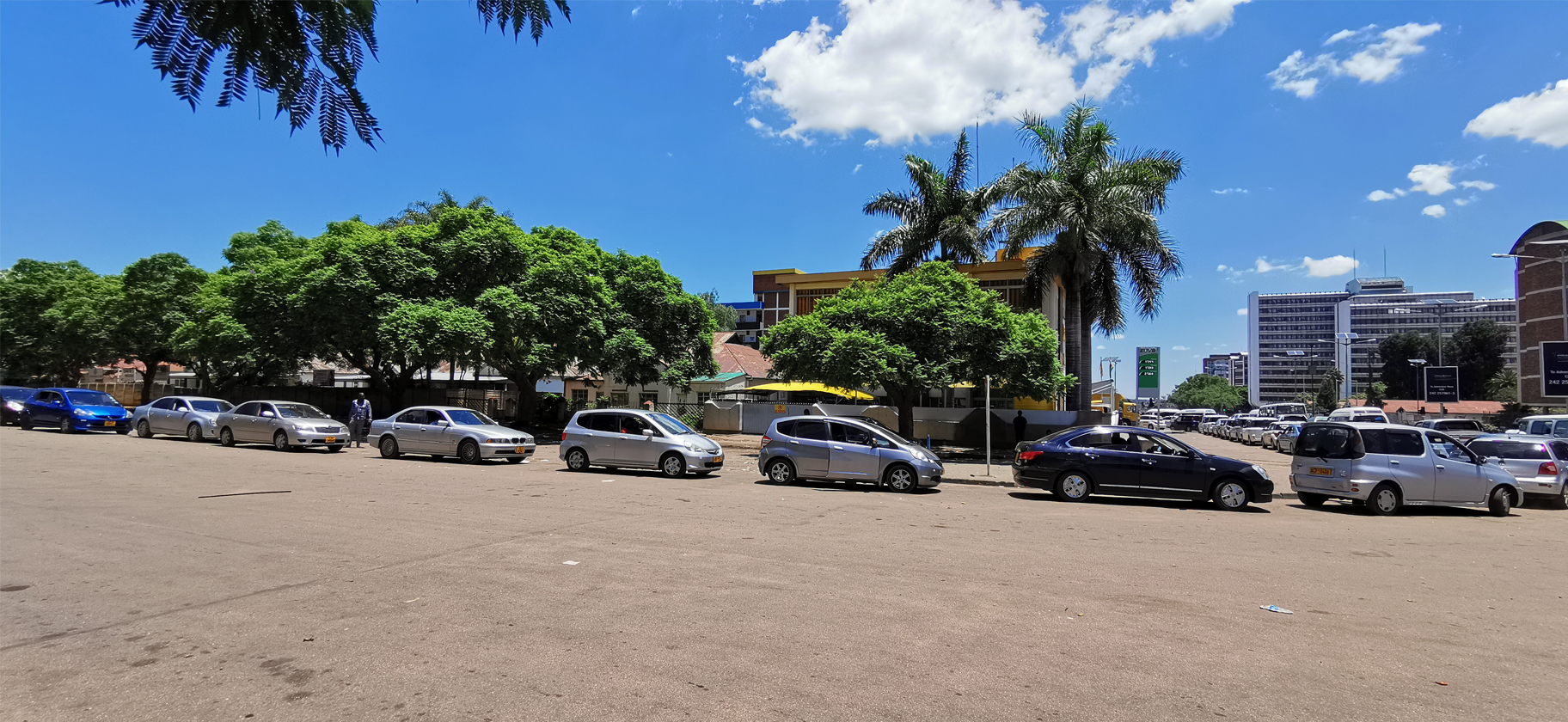
Scrolling through my social media feed painted a very different picture than the world in which I was currently living. It was winter in Canada and the sun might only shine for a few hours each day, but all the pictures of friends and family seemed to be aglow with the twinkling lights of winter markets and glittering snow. There were appeals circulating through social media from parents to not promise their children high-tech gadgets and expensive gifts from Santa for fear that it would dishearten the spirits of less fortunate children who would mistakenly construe their comparative lump of coal to be a reflection of their behaviour since only good kids receive good gifts. At this, I could not help but think that perhaps the notion of Santa had outlived any usefulness.
I had come to Zimbabwe to see rhinos, but Tinashe had no way of knowing that. I had caught a glimpse of one in Tanzania from a great distance while on safari in Ngorogoro Crater, but unlike with all of the other wildlife, the rhino was the one animal that I had hoped to see that I did not have a close encounter with. Thanks to Simba, my connection in Zimbabwe, I was able to arrange a trip across the country from Victoria Falls to Harare with a stop in Matobo National Park where rhinos are protected. With his and Ndaba’s help, I had fulfilled that small dream for myself and was able to get right up close to a whole family of rhinos. Now, on the eve of my departure from Africa, I was to be the honoured guest in Simba’s home.
It was Sunday. Simba and Ndaba came to collect me at my accommodation and we headed out toward the township of Chitungwiza 25 kilometres south of Harare city centre. Once past the city limits, the Zimbabwe I had become accustomed to over the last week resurfaced. The tall buildings of the capital disappeared and gave way to cramped dusty plots of scattered homes in a dense maze of concrete, brick, and loose stones. The city malls were replaced with local street stalls and kiosks huddled together outside of a Pick n’ Pay. Women sat together weaving extensions into each other’s hair while a group of men sat in the dirt outside of a makeshift pub deep into their third or fourth can of the day before it was even noon.
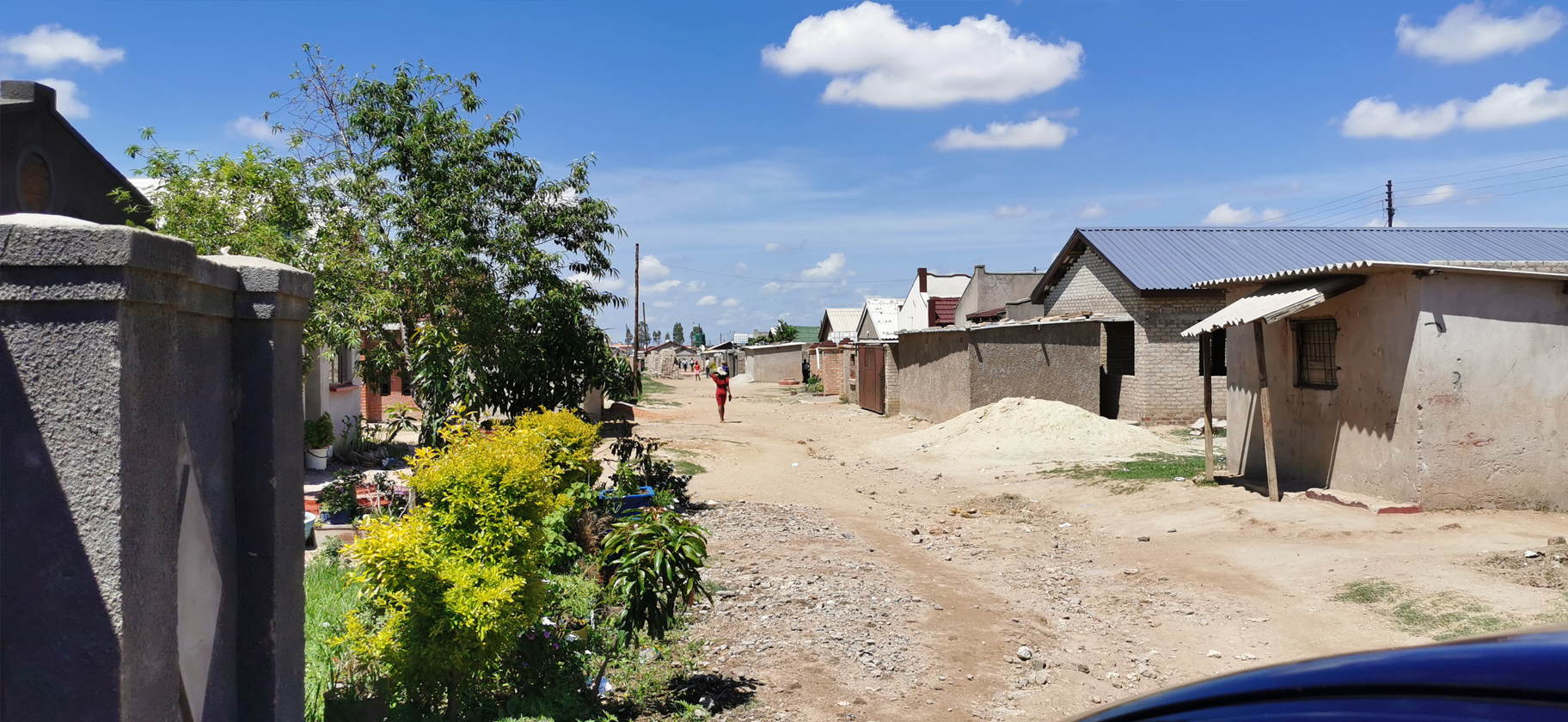
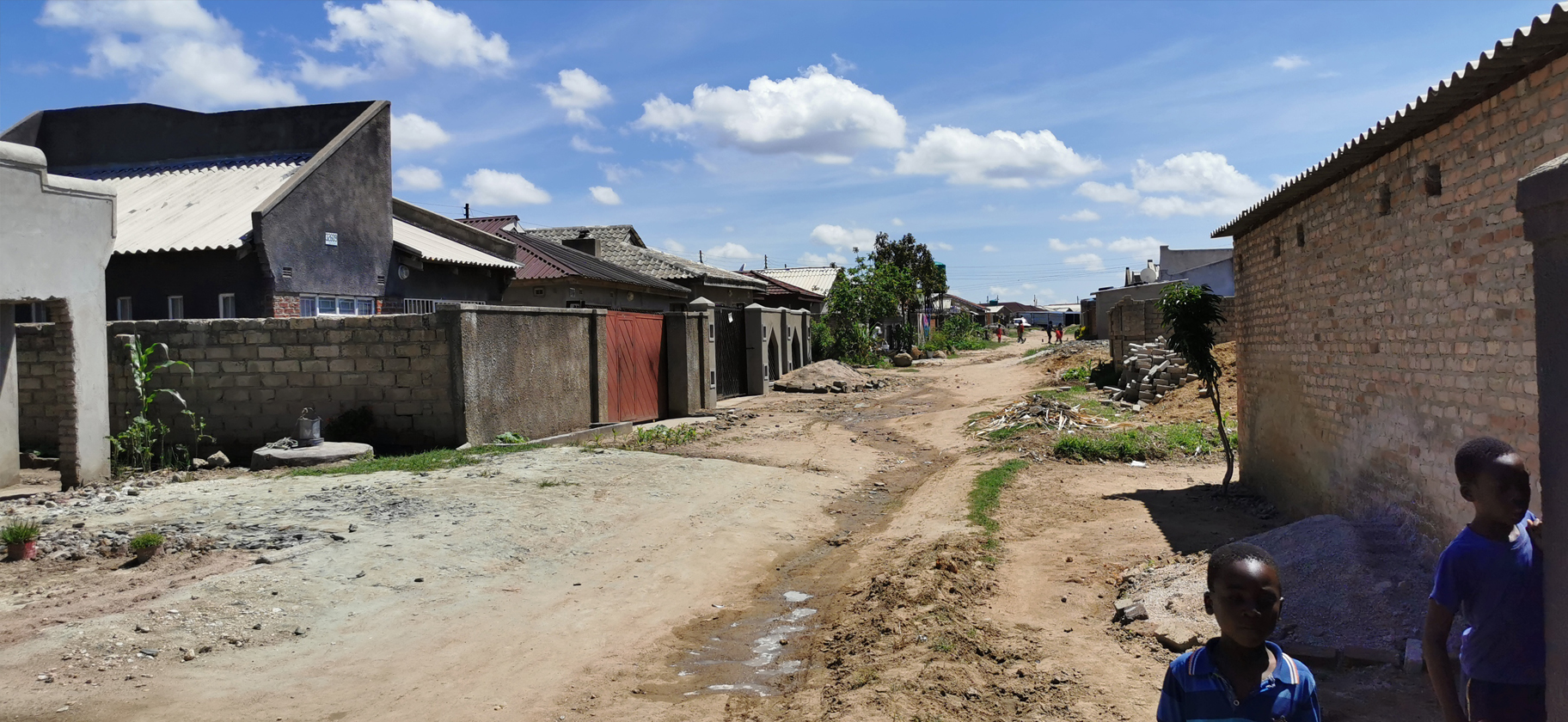
When we arrived, Simba’s wife, Litsai, was there to greet us with their 2-year old daughter, Princess, in her arms. I smiled at Princess with a coochy-coo but she took one look at me and the dusty grey beard dangling from my face and burst into tears. Simba introduced me to his ten-year-old son, Tinashe, who shyly cowered by the entranceway of the house with a coy grin on his face. Simba had not said anything about what he had planned for my visit but only kept repeating what an honour it was for him to have me at his home.
Simba’s house was a small brick box. There was a small sitting room at the entrance connected to a room for dining with a wooden table setting and a hutch at the far end. Along one side, there was a small corridor that broke off into bedrooms for the family. Simba guided me around the small property that was fenced in by a concrete wall and showed me the well and the small garden he had planted. We sat in the living room on a broken old cushion-less sofa whose upholstery had completely worn out to the point where I was left to sit on wood and springs. The sun loomed high in the sky with noon approaching and the temperature rising. There was no air conditioning, but even if there was it would not have worked. There was a flat-screen television on the wall and a stereo system in the corner, and I can only imagine what Simba paid for it, but nothing in the house would turn on because there was no electricity. I looked at Simba with a grave look and asked about when the electricity would be on. Sometimes it comes on at 10 pm and will work until 6 am, he said. These were times when electricity usage was low anyway, but many Zimbabweans had become conditioned to use this time to charge cell phones and any other powered devices, but the rest of their lives was lived pre-industrial. Simba owned a washer and a dryer, but laundry was done in a basin. The family owned an oven with a hob, but the meal I was served was cooked outdoors over a bucket with a fire made from wood. There were gadgets, but the family entertained themselves with love and affection and their imaginations.
We sat at the table and ate a meal centred around white bread and margarine. There was one hardboiled egg per person, a small dish of baked beans to share, and a cup of black tea. I thought of someone in Vancouver having an indoor brunch and sending back a plate of eggs benedict from behind their sunglasses because the yolk hadn’t been cooked to their liking. I thought of the serviced apartment I had rented for four nights in Harare and the fact that I was not completely satisfied with the cleanliness of the bathtub, makeshift shower facility, and the fact that the water pressure only worked intermittently. But I knew that these kinds of superficial inconveniences were only temporary and that in twenty-four hours I would be in a world flush with electricity and air conditioning and high-speed internet. For Simba and his family, though, this maelstrom of petty frustrations was just life. It saddened me to think that this was the circumstance that they woke up to every morning, but Simba’s smile beamed wide with pride all the same. I could feel Tinashe’s eyes staring at me with wonderment the entire meal and knew that my presence there would probably be a talking point for him and his friends in the township. Princess still cried every time I tried to get her attention.
This was a world I was not used to seeing and I felt it unjust. I had paid Ndaba and Simba handsomely for their help to get from Victoria Falls to here, but I still felt I owed. I believed that because I felt I could not live this way that they should not have to either. But, even in those austere conditions, Princess would look up at her mother and smile. When Litsai would see the healthy grin of her child she herself would beam with happiness and turn to look dotingly at her husband. Simba would remind me that his eldest son was off at school, though he wished he could be here to meet me also, and his chest would puff out with noble gaiety and satisfaction when presenting his family. Simba would glance over at Tinashe and puff out his chest a little more as if to say, he’s just like his old man and he’s going to be just as big and strong someday. He will make a mighty husband, just like me. Tinashe would coo-coo to get his sister’s attention and Princess would giggle. Then Tinashe would glance over at me to see if I had noticed and he would smile as if to say, that’s how it’s done. Simba’s home may have lacked for things, but by no means was it lacking in love.
You realize pretty quickly in that setting that the absence of the things we take for granted only matters when love is also missing, and when love is present nothing else really matters all that much. I cannot be sure how much of the sentimentality that I witnessed was something that my mind invented as a way to cope with everything else that they seemed to lack, but I like to think that when one has few things that the spirit compensates by drawing from that inexhaustible well within. There was a part of me that pitied them for having so little and, at the same time, I pitied myself for thinking that all that they did have somehow was not enough.
When it was time for me to return to Harare I thanked Litsai for her hospitality and tried one last coochy-coo to get Princess’s attention that sent her into tears once again. I looked at Simba to confirm that we should be on our way and walked over to Tinashe, who had been standing in the doorway, to say goodbye. He went speeding off back into the house and I mistakenly believed that I had done something to upset or frighten him. He returned moments later with a small wooden rhino carving in his hands and gave it to me. I was stunned and breathless trying to hold back so many emotions I did not understand. My first instinct was to refuse the gift believing I would be taking from Tinashe one of the few things he could actually call his. I collected myself and let out a very exasperated thank you and firmly and politely shook his hand hoping he would recognize the gesture as a sign of cordiality shared between equals.
I remember so many Christmases being filled with glee at seeing piles of sparkling and colourfully wrapped gifts under the tree. I remember the sound of tearing the wrapping paper in anticipation of what may lie underneath and especially the sense of joy of revealing a toy or a gadget that I truly coveted. The allure of all the trappings of the holiday season was not lost on me and I still get a warm fuzzy feeling thinking back to those times when my family was all together and smiling. In many cases, Christmas is actually one of those few times that we take time to recognize and be thankful for having more than we actually need and there is nothing wrong with that. But through the years, as is easy to do, I became a bit cynical about many facets of the holidays and it is easy to see the spirit of Christmas as having lost its way. We catch glimpses of it occasionally when we watch the Peanuts or hear all the Whos down in Whoville singing despite there being no gifts. But there is something in gift-giving that many of us, including me until that moment, often lose sight of and it is the motivation behind what compels us to give. It is not uncommon to endure bouts of debilitating levels of stress fretting over what to buy someone for Christmas and that is exactly where the modern idea of gift-giving begins to get screwy. The minute you open your wallet to buy something for someone you may as well just give them the cash and let them buy whatever they want. Purists will say that that defeats the purpose and that giving is all about providing for someone the things that they want, or, better, the things they did not know that they wanted. But what Tinashe did in handing me that carving was something even far greater, he gave me something of himself. In his home that lacked stuff, by extending his hand and passing what little he owned over to me was as if to say, I have more than I need and I want you to share in that plenty.
In all of my travels around the globe, I have collected innumerable trinkets, all of which have a story, but few will I cherish more than what Tinashe gave me in Chitungwiza – the understanding of what it truly means to give.
